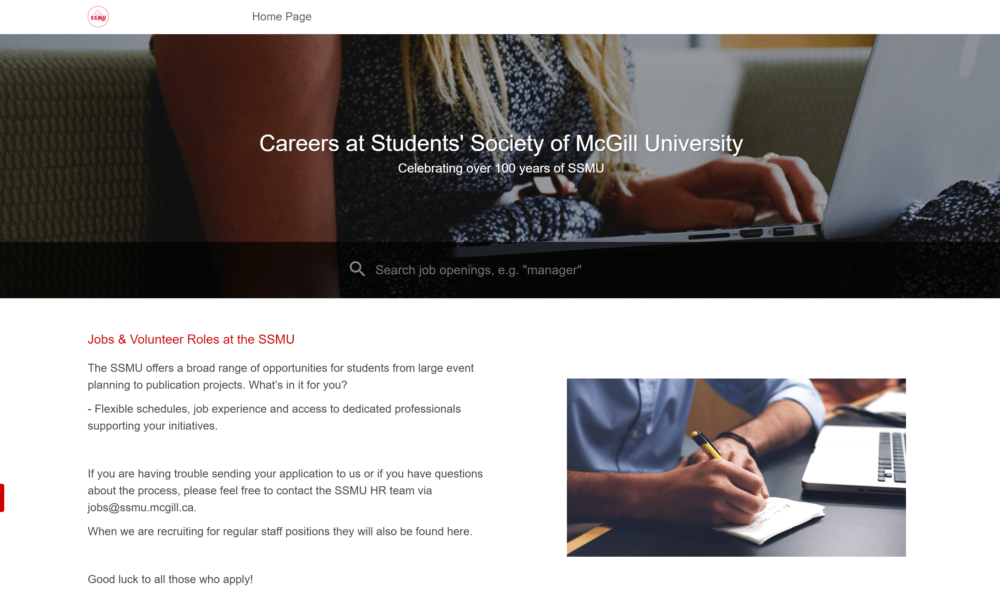International students holding an executive position in the Students’ Society of McGill University (SSMU) face significant challenges due to conflicting credit requirements imposed by Quebec immigration laws and the SSMU constitution. To contend with their 40 to 70 hour weekly workload, SSMU requires executives to drop to part-time status, enrolling in a maximum of one or two classes per semester. However, this contradicts the Certificat d’acceptation du Québec (CAQ) requirement that international students must maintain full-time student status during their studies—the equivalent of a minimum of 12 credits per semester.
These restrictions have deterred international students from running for SSMU executive positions in the past. Adhering to SSMU’s requirements can jeopardize future renewals of study permits and even, depending on the situation, put international students at risk of deportation.
As an international student from Indonesia, SSMU president Darshan Daryanani, U3 Arts, has experienced challenges with the conflicting SSMU and immigration requirements. Daryanani was supposed to graduate at the end of the Summer 2021 term, before he assumed the role of SSMU president. He intended to take up his position at the SSMU after having completed his undergraduate degree, and use a post-graduate work permit that would have allowed him to work at the Society without having to take any courses.
However, at the end of the summer, Daryanani was informed by the Deputy Provost (Student Life and Learning) Fabrice Labeau that doing so would violate section 11.4 of the Society’s Memorandum of Agreement (MoA) with McGill, which stipulates that officers of the Association must be undergraduate students.
“Unfortunately, this placed me in a vulnerable situation as not complying with this would have led to a default of the Memorandum, which is dangerous for the SSMU,” Daryanani wrote in an email to the The McGill Tribune. “I faced a dilemma with SSMU, having to request for [its maximum credit] requirement to be waived. Ultimately, SSMU and McGill’s rules are inconsistent [with each other] and have resulted in major challenges and barriers.”
In an email to the Tribune, the associate director of International Student Services, Anastasia Koutouzov, stated that international students face distinctive challenges if they wish to become SSMU executives because of immigration requirements.
“Student executive positions at McGill require a major time commitment, and some students choose to pursue their studies part-time while serving in these roles,” Koutouzou wrote. “This option isn’t available to international students, as they are required by Immigration policies to remain full-time throughout the duration of their studies (except for their last term).”
According to the MoA renewed in 2019, McGill must “ensure the availability” of up to 12 academic credits to SSMU directors and officers that count toward their degrees. These credits are registered as “independent reading and research” courses or an equivalent on academic transcripts. The provision allows executives to only take independent study courses during their tenure so they can focus on their duties for the SSMU while respecting minimum course credit requirements.
Discussing the importance of international students in student government, Arts Undergraduate Society (AUS) president Adin Chan, U3 Arts, emphasized the makeup of international students in the McGill body.
“We have multiple international students on executive both this year and in years past,” Chan wrote in an email to the Tribune. “[International students] bring a unique perspective that is often missing in student government. In order for our student governments to be representative of our student body, it is crucial that international students, who make up approximately 30 per cent of the McGill student body, are also meaningfully represented in the executives of student associations.”
A previous version of this article stated that SSMU President Darshan Daryanani said that McGill and the SSMU’s rules regarding international student SSMU executives were inconsistent with government regulations. In fact, Daryanani said that McGill and the SSMU’s regulations rules were inconsistent with one another, not the government’s. The Tribune regrets the error.










